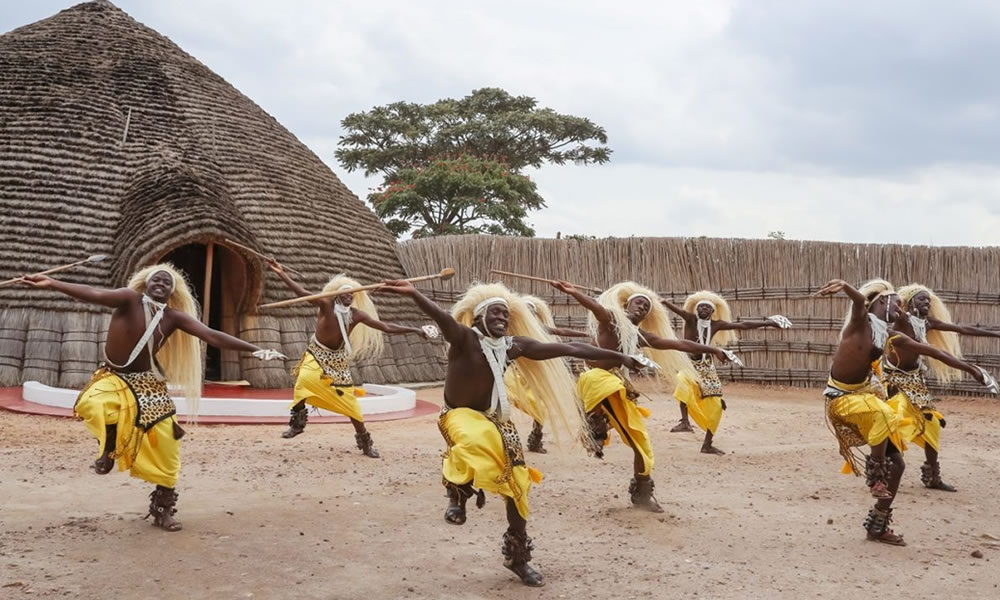East Africa is a premier destination for eco-tourism, offering a range of options that promote…

Shaping the Future of Kigali Tours
Kigali, the capital of Rwanda, is evolving as a destination that not only showcases its vibrant culture and stunning landscapes but also embodies the principles of responsible tourism. As travelers increasingly seek to make a positive impact on the places they visit, they are at the forefront of shaping the future of Kigali tours. Here’s how responsible tourism is shaping the future of Kigali tours and what this means for travelers and the local community alike.
1. Emphasis on Sustainable Practices
Kigali is committed to sustainable tourism, focusing on minimizing environmental impact and promoting eco-friendly practices. This commitment is reflected in various aspects of city tours.
Highlights:
- Eco-Friendly Transportation: Many city tours now incorporate sustainable transportation options, such as electric vehicles, bicycles, or walking tours, reducing the carbon footprint associated with travel.
- Green Certifications: Tour operators are increasingly seeking green certifications and adhering to environmental standards that promote waste reduction, energy efficiency, and conservation.
2. Community Engagement and Empowerment
Responsible tourism in Kigali emphasizes the involvement and empowerment of local communities. This approach ensures that tourism benefits are shared equitably and that local cultures are respected and preserved.
Highlights:
- Community-Based Tours: Tours often include visits to community-run projects and initiatives, providing travelers with authentic experiences while supporting local development. Examples include community art centers, cultural villages, and local markets.
- Local Guides: Hiring local guides not only enhances the authenticity of the tour but also ensures that tourism revenue supports residents and helps promote local expertise and employment.
3. Cultural Preservation and Education
Responsible tourism in Kigali prioritizes the preservation of cultural heritage and the education of both travelers and locals about the city’s history and traditions.
Highlights:
- Cultural Sites: Tours frequently include visits to historical and cultural sites, such as the Kigali Genocide Memorial, which educate visitors about Rwanda’s past while honoring the memory of those affected by historical events.
- Traditional Experiences: Travelers have opportunities to engage in traditional Rwandan customs, such as dance performances, craft workshops, and cooking classes, fostering greater understanding and appreciation of local culture.
4. Supporting Local Economies
By integrating responsible tourism practices, Kigali city tours contribute to the local economy in meaningful ways. This approach supports small businesses and promotes sustainable economic growth.
Highlights:
- Local Businesses: Tours often feature stops at locally-owned businesses, such as artisan shops, cafes, and restaurants, ensuring that tourism dollars benefit local entrepreneurs and craftsmen.
- Fair Trade Practices: Some tours include visits to fair trade cooperatives and markets, where travelers can purchase ethically produced goods and support fair labor practices.
5. Environmental Conservation Efforts
Kigali’s commitment to responsible tourism extends to environmental conservation, ensuring that tourism activities contribute positively to the city’s green spaces and natural resources, shaping the future of Kigali tours.
Highlights:
- Eco-Tours: Tours are designed to minimize environmental impact, with a focus on conservation practices such as waste management, recycling, and the use of sustainable resources.
- Green Initiatives: Some tours are tied to conservation projects, such as tree-planting activities or wildlife preservation efforts, allowing travelers to actively participate in protecting the environment.
6. Raising Awareness and Encouraging Responsible Behavior
Responsible tourism in Kigali aims to raise awareness among travelers about the importance of ethical and sustainable practices, encouraging behavior that respects the environment and local cultures.
Highlights:
- Educational Components: Tours often include educational segments that inform travelers about the principles of responsible tourism and the impact of their actions on the local community and environment.
- Encouraging Best Practices: Travelers are encouraged to follow best practices, such as reducing waste, respecting cultural norms, and supporting local conservation efforts.
7. Future Trends in Responsible Tourism
As responsible tourism continues to shape the future of Kigali city tours, several trends are emerging that reflect the evolving priorities of both travelers and the tourism industry.
Highlights:
- Technology Integration: The use of technology, such as mobile apps and virtual tours, enhances the tourism experience while reducing environmental impact and promoting accessibility.
- Collaborative Initiatives: Partnerships between tourism operators, local communities, and conservation organizations are likely to grow, creating more opportunities for sustainable tourism and community development.
- Focus on Authenticity: There will be an increasing emphasis on providing authentic and immersive experiences that respect and celebrate local cultures, ensuring that tourism remains a positive force for change.
Conclusion: The Future of Responsible Tourism in Kigali
Responsible tourism is transforming Kigali city tours by integrating sustainable practices, supporting local communities, and preserving cultural heritage. As Kigali continues to evolve as a destination that values ethical and sustainable travel, both travelers and the local community stand to benefit from this positive shift. Embracing responsible tourism allows visitors to experience the city in a meaningful and impactful way while contributing to the long-term well-being of Kigali and its residents.



